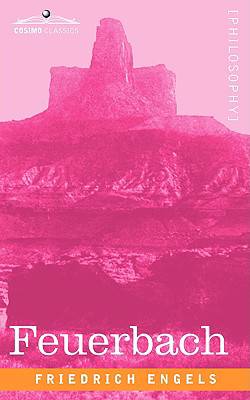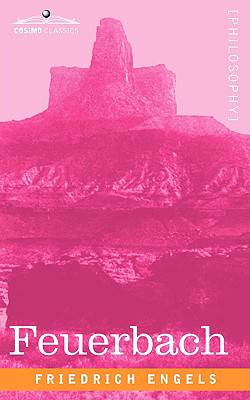
- Afhalen na 1 uur in een winkel met voorraad
- Gratis thuislevering in België vanaf € 30
- Ruim aanbod met 7 miljoen producten
- Afhalen na 1 uur in een winkel met voorraad
- Gratis thuislevering in België vanaf € 30
- Ruim aanbod met 7 miljoen producten
Zoeken
€ 27,45
+ 54 punten
Omschrijving
Feuerbach's idealism consists in this, that he does not simply take for granted the mutual and reciprocal feelings of men for one another such as sexual love, friendship, compassion, self-sacrifice, etc., but declares that they would come to their full realization for the first time as soon as they were consecrated under the name of religion. The main fact for him is not that these purely human relations exist, but that they will be conceived of as the new true religion. --from Chapter III In 1841, German philosopher and anthropologist Ludwig Feuerbach published The Essence of Christianity (also available from Cosimo), a rationalist exploration of concepts of God and religion. It exerted a profound influence on Karl Marx, who incorporated some of its ideas into the atheistic, socialist philosophies of The Communist Manifesto a few years later. But Marx and his Manifesto coauthor, German philosopher FRIEDRICH ENGELS (1820-1895), did not see entirely eye to eye with Feuerbach--they had a particular bone to pick with his inconsistencies on materialism--and in 1888, Engels published this pamphlet to explain where their thoughts diverged. This 1903 translation of that German original is an invaluable artifact of lively academic debates of the day, and a vital component for modern students of political and religious philosophies to understanding the 19th-century roots of both.
Specificaties
Betrokkenen
- Auteur(s):
- Vertaler(s):
- Uitgeverij:
Inhoud
- Aantal bladzijden:
- 144
- Taal:
- Engels
Eigenschappen
- Productcode (EAN):
- 9781605203676
- Verschijningsdatum:
- 1/12/2008
- Uitvoering:
- Paperback
- Formaat:
- Trade paperback (VS)
- Afmetingen:
- 124 mm x 198 mm
- Gewicht:
- 158 g

Alleen bij Standaard Boekhandel
+ 54 punten op je klantenkaart van Standaard Boekhandel
Beoordelingen
We publiceren alleen reviews die voldoen aan de voorwaarden voor reviews. Bekijk onze voorwaarden voor reviews.











